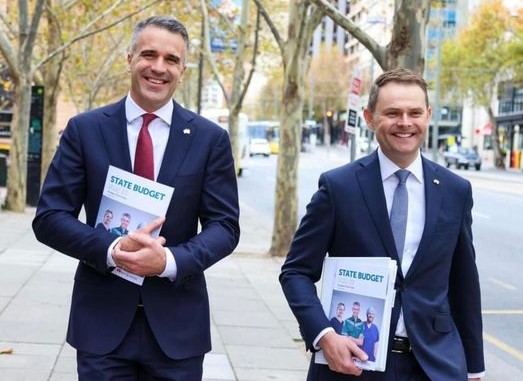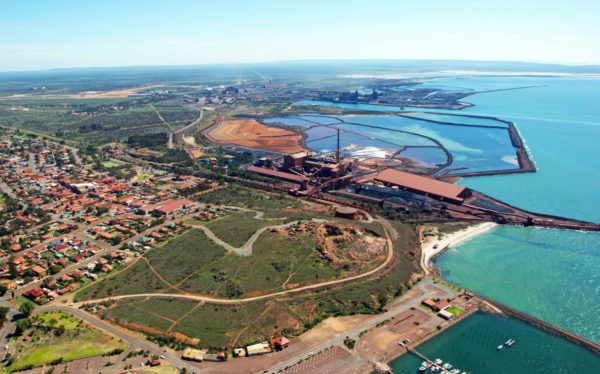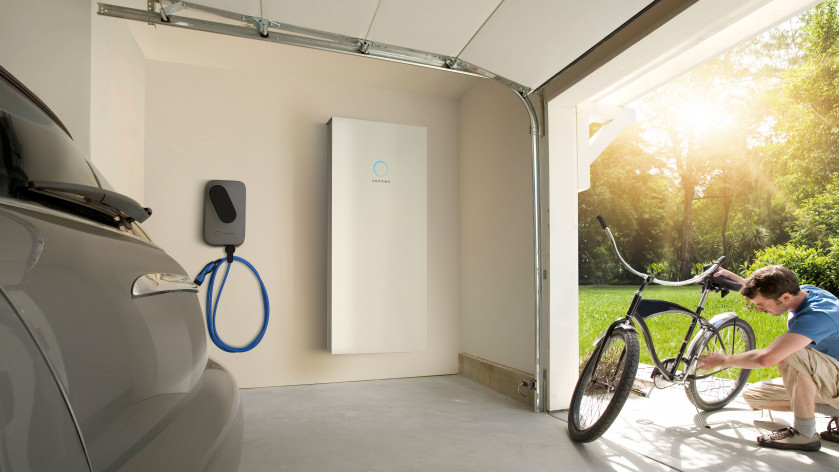South Australian Treasurer Stephen Mulligan on Thursday delivered his first state budget, making good on millions of dollars of commitments to the hydrogen industry while cutting funding to a series of other renewable energy initiatives, including the $100 million Home Battery Scheme.
The $100 million Home Battery Scheme was launched in 2018 with a goal of supporting the installation of 40,000 solar energy storage systems across South Australia. When first rolled out, the initiative offered a $6,000 subsidy that was later wound back to $2,000.
South Australia (SA) Energy Minister Tom Koutsantonis said the take-up had been less than half the expected 40,000 and was one of the reasons why the program had been cut.
“They (the former government) thought that by diminishing the subsidy it would increase the uptake of batteries,” he said. “It just didn’t work.”
The $4.25 million Switch for Solar program and the $12.25 million Electric Vehicle Smart Charging Subsidy, both initiatives of former South Australian government, were also scrapped in Labor’s first budget since its election win in March.

Image: Supplied
The Switch for Solar program was designed to allow eligible concession holders to exchange 10 years of their energy and cost-of-living concessions for a solar system installed with no up-front cost. At the end of the 10 years, participants would again receive their concessions and keep the system.
The program commenced in May 2021 with a trial involving 1,000 participants. With the trial proving a success, the program was expanded in February this year to 5,000 low-income households but Koutsantonis described the program as “a scam”.
“Quite frankly, the most appalling policy of the former government was to take pensioners and take their concessions off them,” he said. “Taking concessions off elderly people is wrong. You shouldn’t do it.”
The Electric Vehicle Smart Charging Subsidy, which was to provide up to 7,500 subsidies of up to $2,000 each to households installing eligible EV smart charging systems, has also been cut.
The scrapping of the programs comes after the state government’s climate emergency motion passed both houses of state parliament on Tuesday night, which Climate Minister Susan Close said reaffirmed the urgent need to decarbonise the state’s economy and shift to renewable sources of energy.
Close said 10 years of inaction and climate culture wars at the state and federal levels had left Australia exposed to the effects of climate change, as well as stymying investment in the renewable energy sector.
The most recent United Nations Intergovernmental Panel on Climate Change report confirmed that some parts of Australia had already recorded increased average temperatures of 1.4C since 1910, she said.
“We really need to focus on supporting projects and policies which are climate-friendly and encourage growth in resilient low-carbon businesses,” Close said. “It’s time to act and that starts with acknowledging the seriousness of the climate crisis.”

Image: GFG
Close pointed to hydrogen as a key component of the state government’s energy strategy and that was backed by the treasurer who in the budget made good on Labor’s election commitment to build a hydrogen production facility in Whyalla, through its Hydrogen jobs plan. It is expected to be complete by December 2025.
“As the nation experiences surging wholesale electricity prices, driven largely by soaring coal prices and the failure of national energy policy over the last decade, South Australia remains at the forefront of energy transition,” Mullighan said in his budget speech.
“The budget provides $593 million to construct a 250MW hydrogen electrolyser facility, a 200MW hydrogen power station and a 3,600-tonne hydrogen storage facility in the Whyalla region.”
On Tuesday, Premier Peter Malinauskas announced the opening of market sounding for the delivery of the Whyalla project. Submissions close on July 15.
The budget also includes $30 million to support the development of a Clean Hydrogen Industrial Hub at Port Bonython, as part of a $140 million partnership with the federal government and private industry. There is also $8.3 million over four years for the implementation of the Department of Energy and Mining’s hydrogen plan.
This content is protected by copyright and may not be reused. If you want to cooperate with us and would like to reuse some of our content, please contact: editors@pv-magazine.com.









“The budget provides $593 million to construct a 250MW hydrogen electrolyser facility, a 200MW hydrogen power station and a 3,600-tonne hydrogen storage facility in the Whyalla region.” Why build such a large storage facility? If it takes 50kwh to produce 1kg hydrogen then the electrolyser will produce 5,000kg of hydrogen per hour. It will therefore need to run for 7,200h or 300 days to fill the storage. Renewable energy is more reliable than this.
Your math appears to be off there. At 5 tons per hour, it will take 720 hours to fill 3600 tons. So about 30 days of storage.